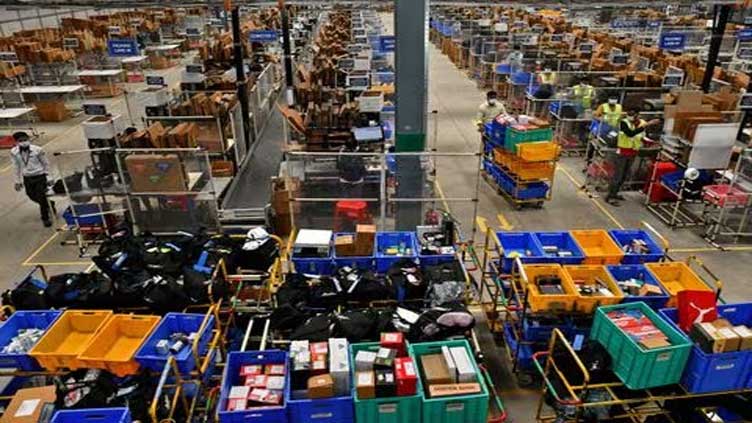
work
India opposes extension of e-commerce tariff ban at WTO meeting
NEW DELHI (Reuters) – India will oppose U.S. and European efforts to extend a global ban on cross-border e-commerce tariffs at next week's World Trade Organization meeting, two senior government officials said on Tuesday. There are concerns that huge revenue losses will continue in the future.
NEW DELHI, South Africa and Indonesia want to allow developing countries to tax cross-border electronic communications, and India will press the matter at the WTO ministerial meeting starting Monday in Abu Dhabi, officials said.
New Delhi said physical goods such as books and videos, which were once subject to traditional customs rules, are now available as digital services and should be subject to customs duties. Ta.
“These issues need to be discussed and resolved before seeking an extension of the suspension,” one of the officials said.
WTO members have reached an agreement to extend the suspension of e-commerce tariffs in 2022. It is backed by major powers including the United States, the United Kingdom and the European Union, which argue that leaving the deadline to expire threatens the recovery of global e-commerce.
“At this point, there is no agreement on the scope of this moratorium. We oppose extending it,” one official told reporters.
The officials declined to be named, in line with government policy regarding discussions in international forums.
The Commerce Ministry, which is leading India's negotiations at the WTO, declined to comment.
According to WTO estimates, developing countries lost about $10 billion in customs revenue from imports of e-commerce goods from developed countries in 2017, including a loss of about $500 million to India. .
' ; var i = Math.floor(r_text.length * Math.random()); document.write(r_text[i]);


